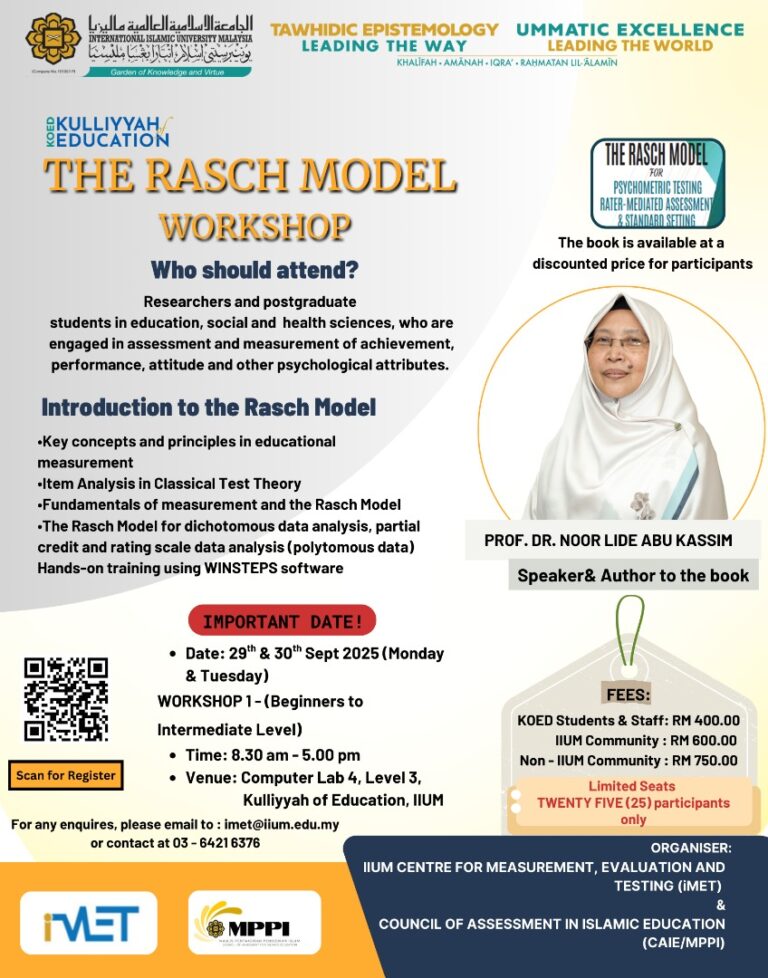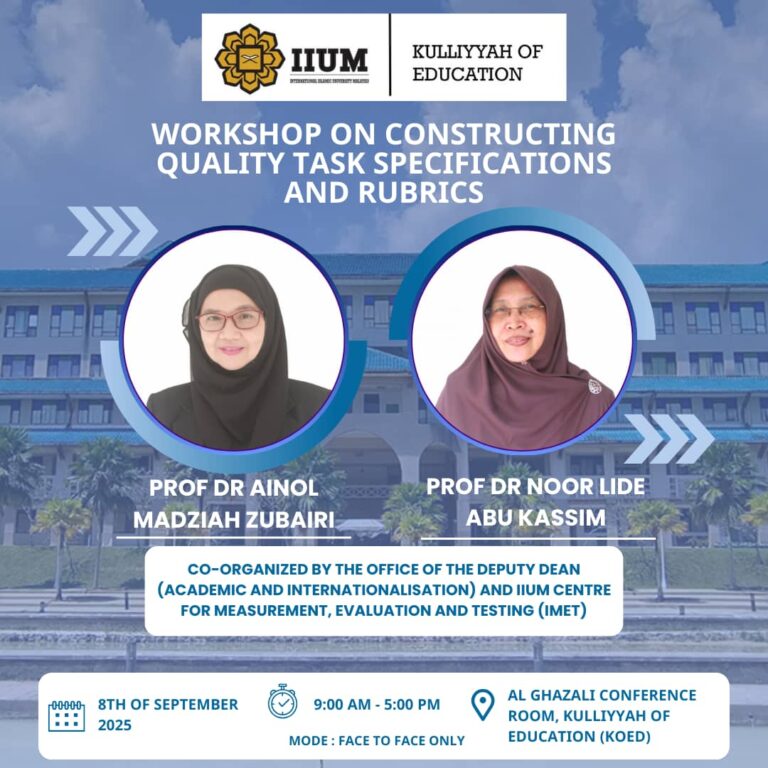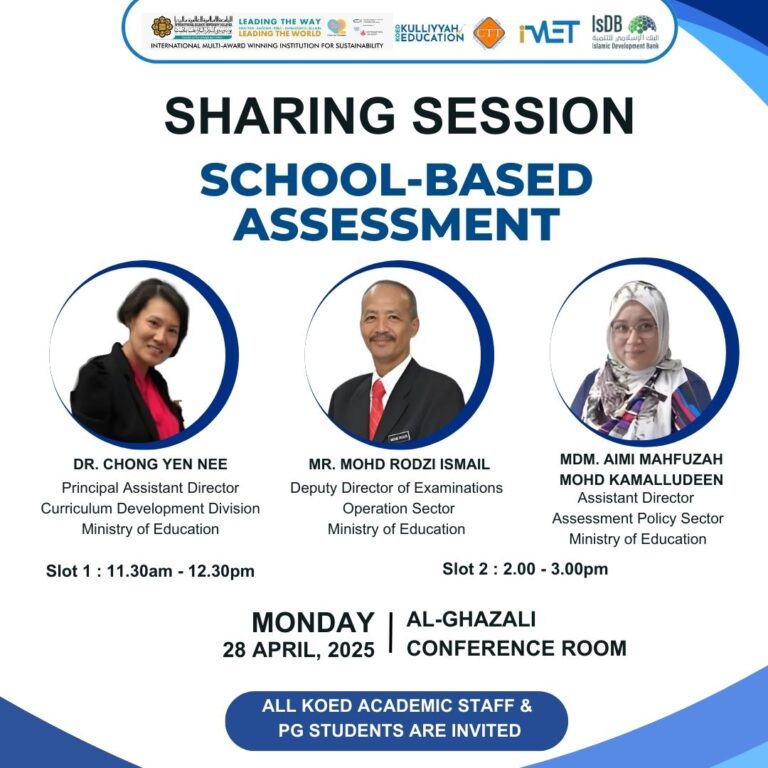- Assessment is a means to execute one’s potentials to reach sejahtera and sustainable growth.
- We, at iMET, believe that every person and institution can be better and achieve more through assessment.
- We believe that to improve and to contribute, we need to assess.

Core Values
Empowerment
It is manifested in our stand that teachers at all levels of the education system be trusted, respected, and adequately compensated to deliver the assessment tasks. They must be given access to training, ongoing career development, on-site mentoring, and opportunity to participate locally and globally in decisions affecting their professional lives.
Flexibility
Assessors are allowed to run their programmes and assess their students as they see fit, subject to the fulfillment of standards of assessment. For example, our assessor may opt for an online interview of a postgraduate or part-time student’s mastery of the content knowledge and skills as specified in the learning outcomes to concretize Rahmatan lil alamin.
Innovation
Educators’ assessment practice to provide new ways or new solutions for a better assessment leading to a better outcomes. We strive not simply apply the knowledge and skills we have acquired but will also come up with new ideas of what and how to assess.
Accountability
iMET is founded on its uncompromising commitment to honest, ethical, moral, and spiritual principles in all areas of its members professional and personal behaviour. Accountability triggers our members to take ownership of the assessment work; hence the assessor will plan and do what’s best for the pleasure of the Creator







